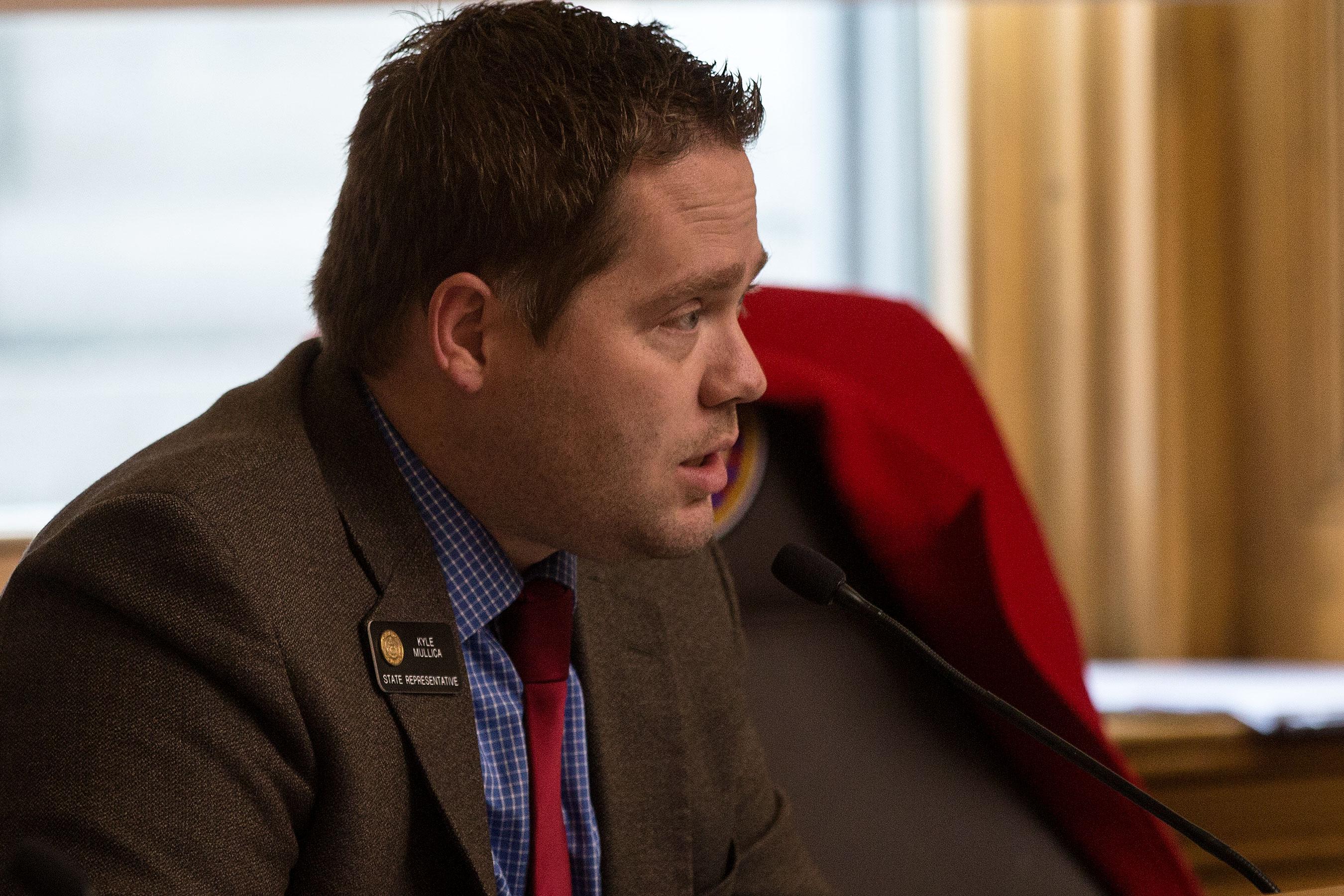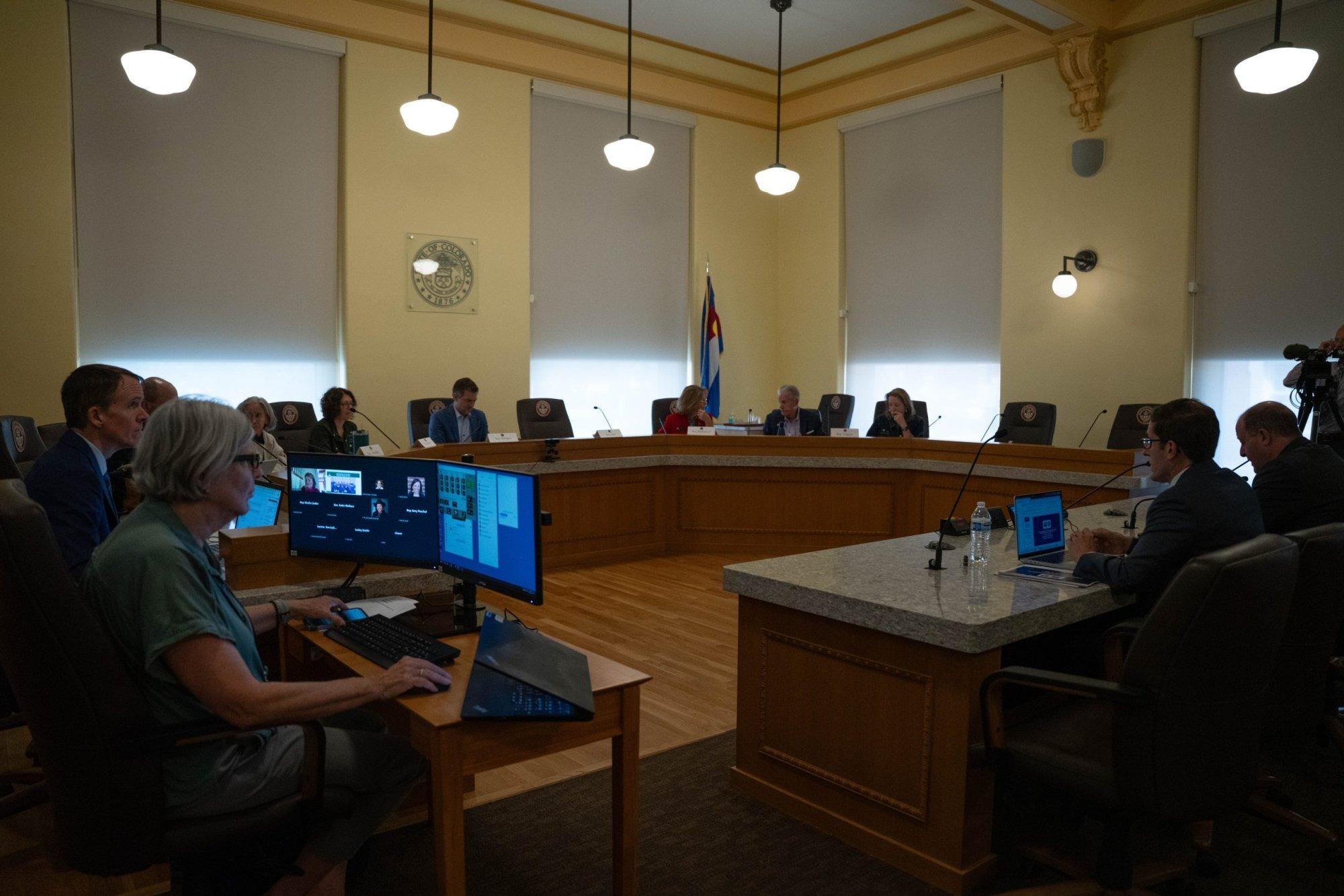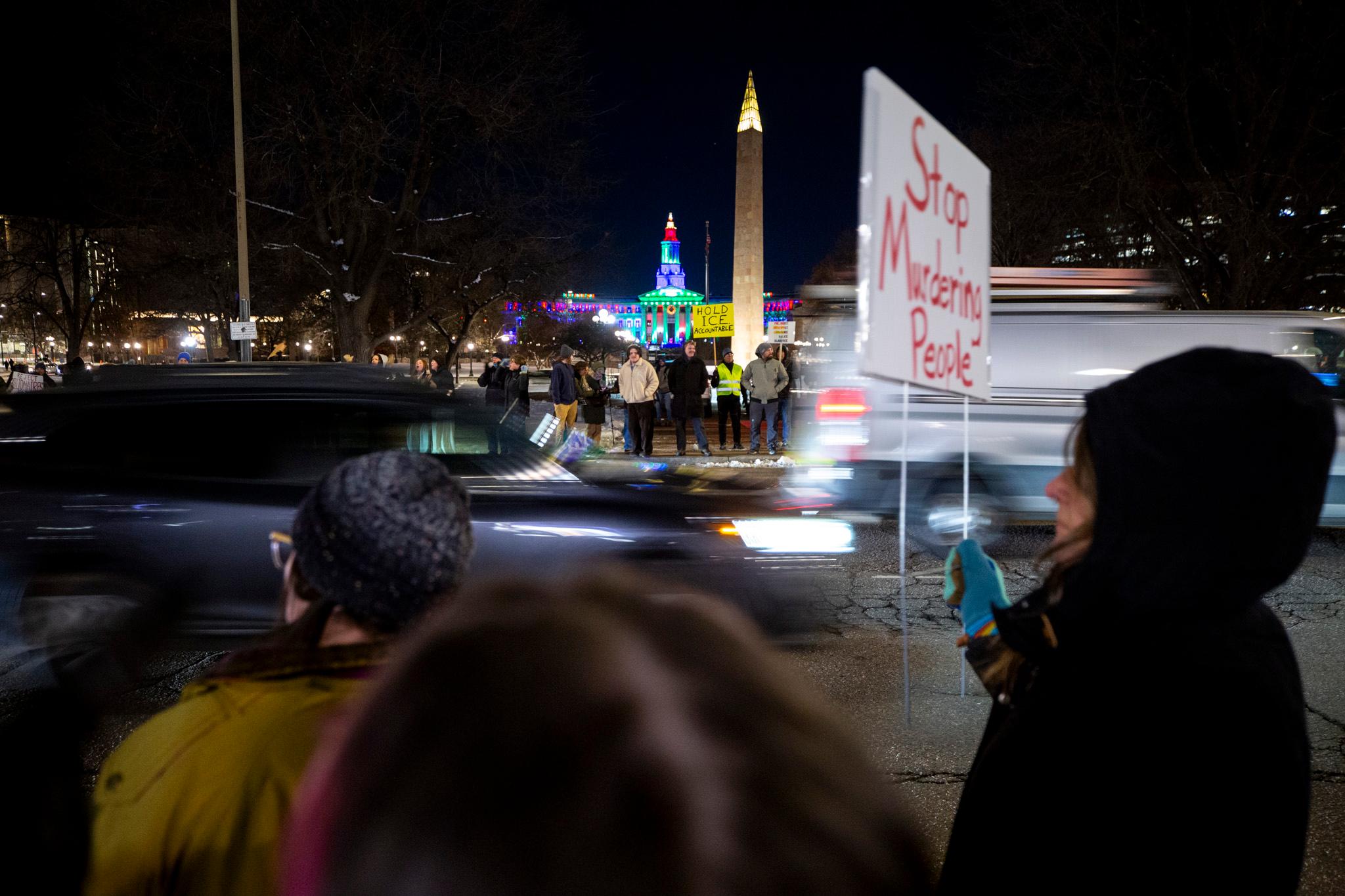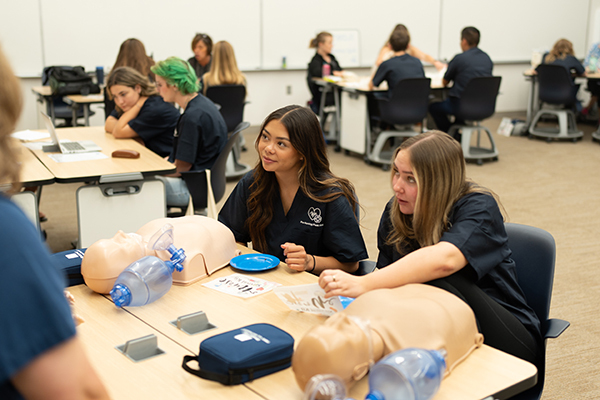

Colorado lawmakers have introduced a bipartisan bill to fight the state's low immunization rates.
House Bill 19-1312 would create a standardized exemption form and require all exemptions be submitted to the state health department or the local public health agency. Initial non-medical exemptions would also need to be submitted to the Colorado Department of Public Health and Environment or a local health agency, but those would have to be done in person.
The bill's sponsor, Rep. Kyle Mullica, a Democrat from Northglenn, said the proposal would strengthen Colorado’s vaccination exemption process by following strategies known to increase vaccination rates.
Dr. Sean O’Leary, a pediatrician who specializes in infectious disease said that “research shows the easier the process for opting out, the higher the exemption rate.”
“We also know the higher the exemption rate, the higher the risk for vaccine-preventable disease outbreaks,” said O’Leary, who is also the national spokesman for the American Academy of Pediatrics. He said Colorado’s exemption process is among the most lenient and permissive in the country.
Some groups skeptical of vaccines have made it clear they oppose new state requirements that they see as coercive.
“This bill is just the slippery slope to making exemptions difficult and impossible to obtain,” said Pam Long with the Colorado Health Choice Alliance. Long said giving the health department the power to process exemptions will mean many more are denied.
Most parents in Colorado do vaccinate their children. But less than 89 percent of kindergarten-aged children in Colorado have received vaccines for diseases like measles, mumps and rubella, according to figures from the CDC.
That’s far below the national average of about 94 percent and also below the level considered ideal for reaching “herd immunity.” That’s the percentage of people that need to be vaccinated to avoid a major outbreak.
That 89 percent figure puts Colorado last in the country among states.
Colorado's low childhood vaccination rate concerns the governor. Gov. Jared Polis told Colorado Matters he's "elevating" the issue. He also said he's wary of moves by lawmakers to make vaccination exemptions harder to come by.
"The minute you try to have the government forcing anybody to do something with their kids, you're going to create distrust of vaccinations, which is already a problem," he said. "We want to go the other way."
According to the CDC, already this year the U.S. has seen nearly 400 cases of measles, the second greatest number since 2000.
Editor's Note: A previous version of this story identified Sean O'Leary as the spokesman of the Colorado chapter of the AAP. O'Leary is the spokesman for the national American Academy of Pediatrics.









